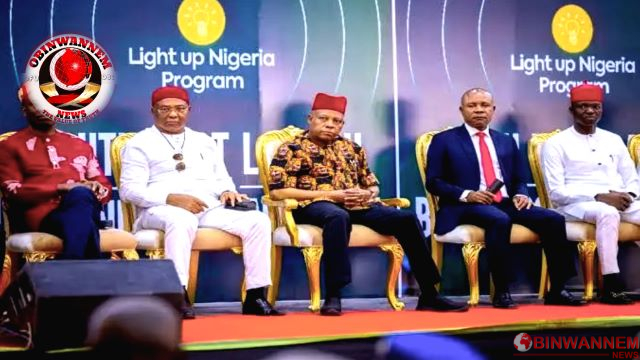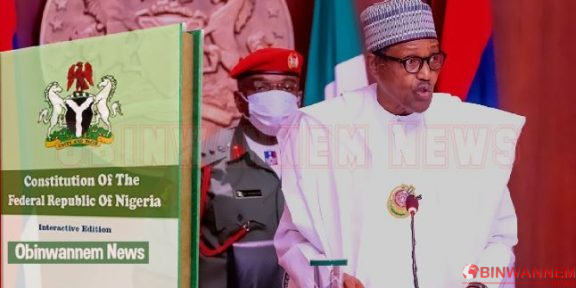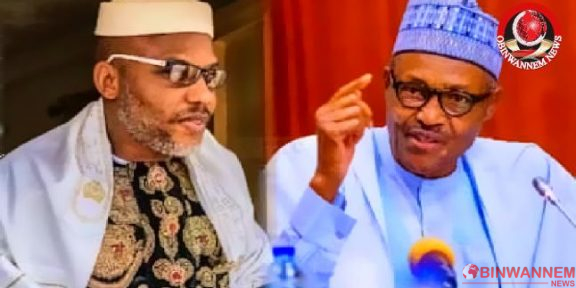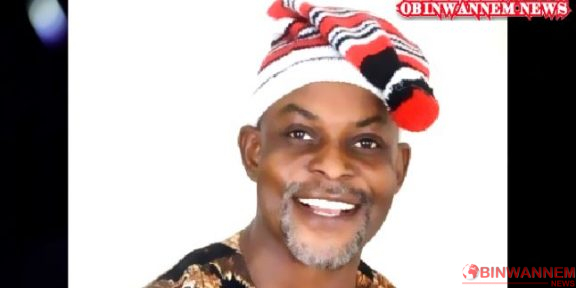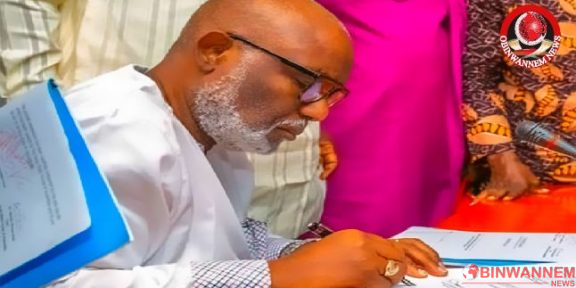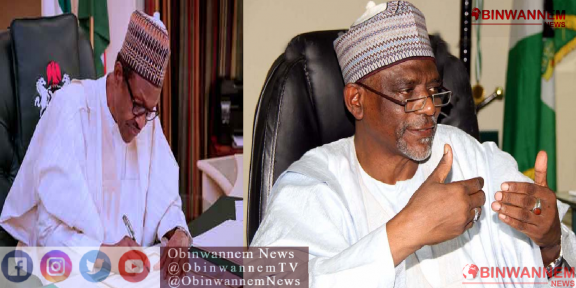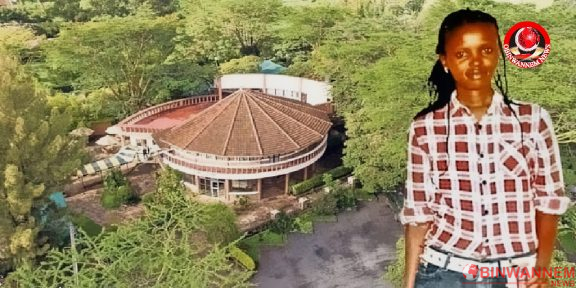The recent move by His Excellency Dr Alex Otti of Abia State to abolish pensions and gratuities for ex-governors and their deputies has sparked a significant conversation about fiscal responsibility and governance in the Southeastern states of Nigeria.
This gesture, though largely symbolic, represents a critical step towards addressing the disproportionate expenditures on political officeholders at the expense of broader societal needs. It’s a clarion call for other governors in the region, notably His Excellency Ogbonnaya Francis Nwifuru of Ebonyi State and His Excellency Chukwuma Soludo of Anambra State, to introspect and align their policies with the pressing needs of their constituents.
The economic disparities and challenges faced by the states in the Southeast have been compounded by policies and practices that have, over decades, favoured the political elite over the average citizen. The region, rich in culture, talent, and potential, has been beleaguered by unemployment, infrastructural decay, and a brain drain, especially in critical sectors like health. Such conditions are not fertile ground for the ambitious youths of these states, leading to increased crime rates and a continuous cycle of poverty and underdevelopment.
Historically, the governors’ forum under the leadership of former Governor David Nweze Umahi of Ebonyi State had proposed creating a regional industrial hub—a vision that has remained largely unrealized. This vision was aimed at transforming the economic landscape of the Southeast through concerted industrialization efforts, thereby creating jobs and fostering development. Unfortunately, the gap between policy formulation and implementation has been a recurring issue, with political will being a significant bottleneck.
The fiscal realities laid bare by the salary structure of state governors and their deputies, as outlined by the Revenue Mobilisation Allocation and Fiscal Commission (RMAFC), point to an unsustainable model of governance where a significant portion of state resources is channelled towards maintaining a small political class. While the reduction in salaries for political officeholders is a step in the right direction, more needs to be done to recalibrate the priorities of state governance towards sustainable development and equitable service delivery.
The abolition of pensions and gratuities for ex-governors and deputies, as initiated by Dr Alex Otti, is more than a policy adjustment; it’s a symbolic gesture towards fiscal prudence and a commitment to channelling state resources towards projects and policies that have direct impacts on the lives of the citizens. Other Southeastern governors would do well to consider similar or even more comprehensive reforms in their fiscal policies and governance approach.
State legislators across the Southeast must take up this mantle and enact laws that will institutionalize such reforms, ensuring that the legacy of responsible governance and development-oriented leadership is not only preserved but also built upon for future generations.
As we commend the strides made by Dr Alex Otti, especially with the launch of the Aba Integrated Power Project, it becomes clear that visionary leadership and prudent management of state resources can indeed lay the foundation for a prosperous future. It is a future where the industrial and economic potentials of the Southeast are fully harnessed, leading to a region that is not only self-sufficient but also a significant contributor to Nigeria’s growth and development.
The call to action for governors Nwifuru, Soludo, and their colleagues is clear: it is time to reassess priorities, adopt a more frugal approach to governance, and focus on policies that directly benefit the people they serve. The path to regional industrialization and sustainable development in the Southeast lies in such fiscal responsibility and visionary leadership. May this call not fall on deaf ears, for the sake of current and future generations in the Southeast and the broader Nigerian nation.


